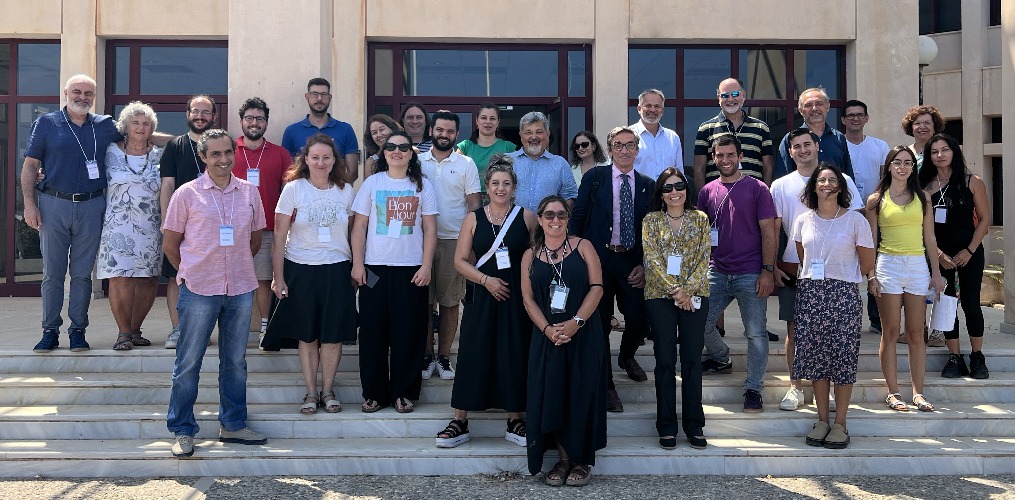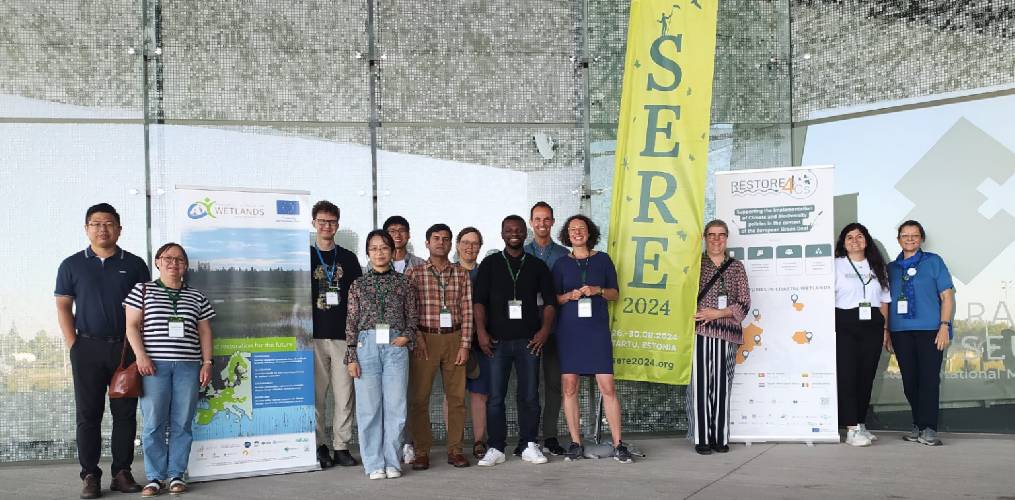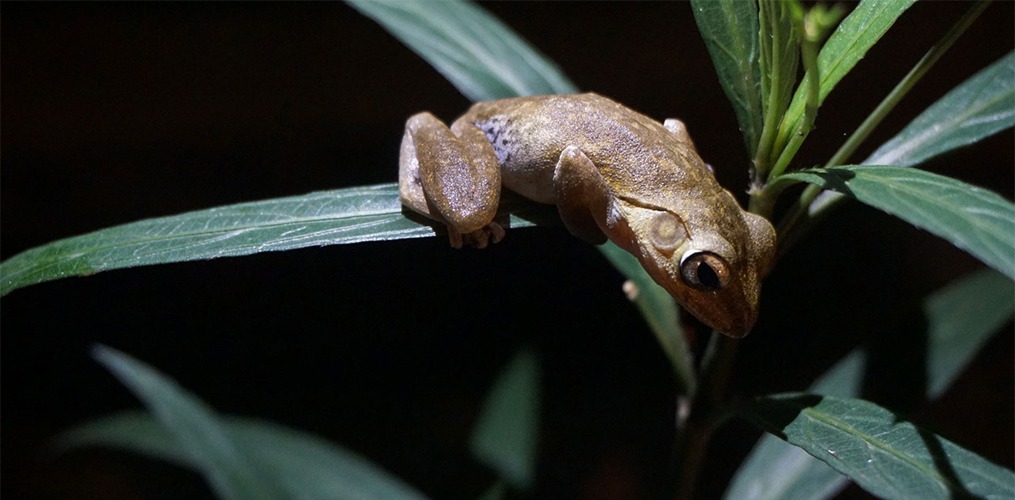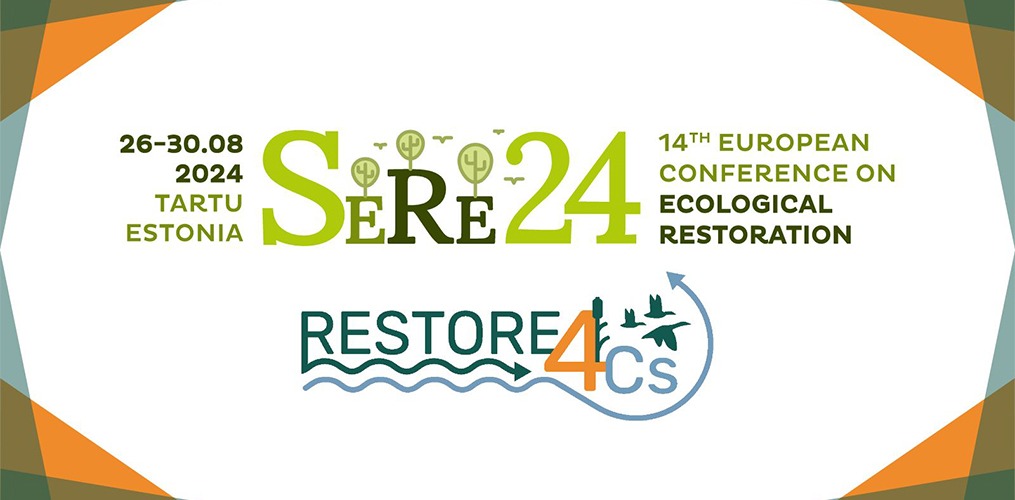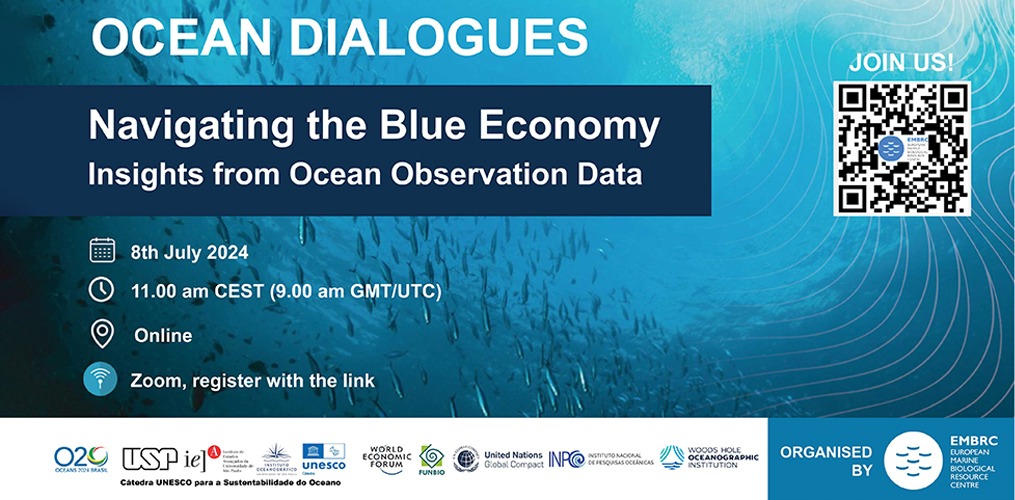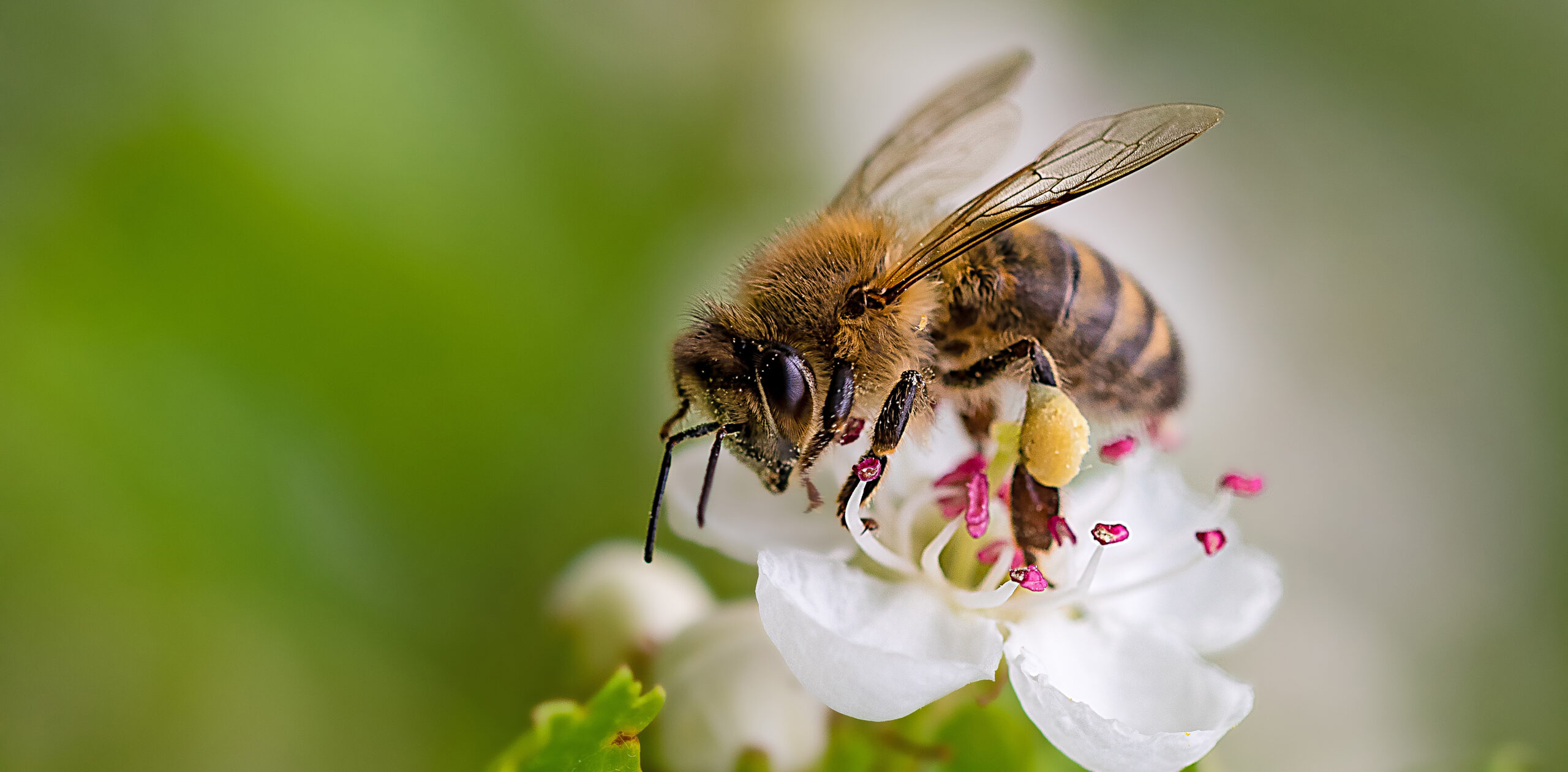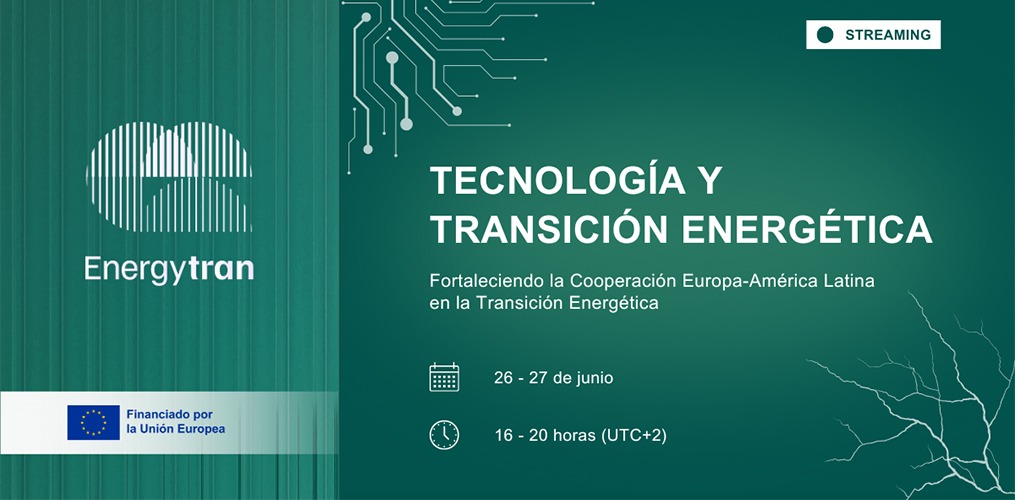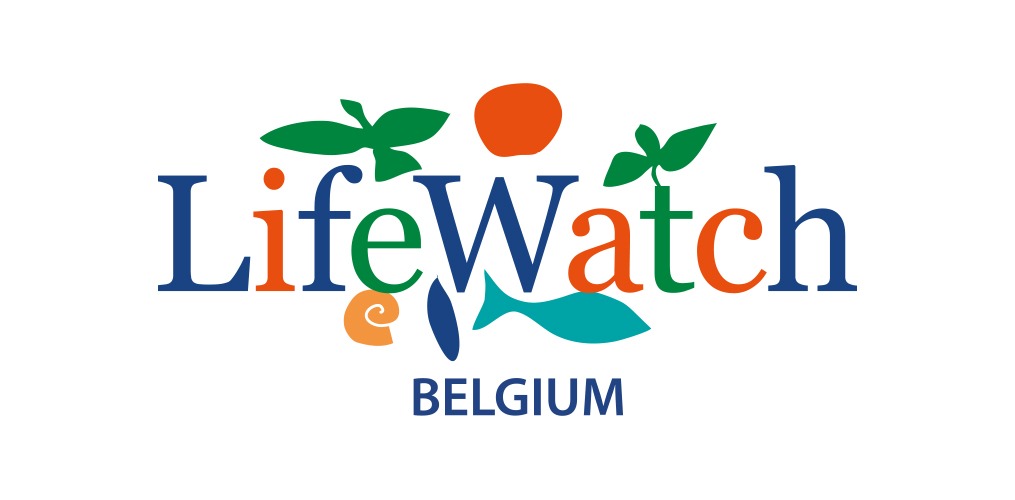The Niche, the quarterly magazine of the British Ecological Society (BES), released its autumn issue last Monday, 9th of September 2024.
The magazine is fully dedicated to science, ecology, and the life of ecologists, through a set of interviews, articles and much more.
This autumn, LifeWatch ERIC has been included in the section Your Society, dedicated to community events, special Interest Groups, relevant networks to be aware about, and member stories.
Together with the Chartered Institute of Ecology and Environmental Management (CIEEM), and with the Ecological Continuity Trust (ECT), we are thrilled to be listed as “Friends of the society”, LifeWatch ERIC being the open science European infrastructure on biodiversity and ecosystems.
The British Ecological Society is, in fact, the oldest ecological society in the world, established in 1913 and counting over 7,000 members. Our organisation has been selected for the support it offers to the long-term sustainability of Earth’s ecosystems and biodiversity, by enabling research communities to use advanced facilities, services and resources.
Research infrastructures are crucial for national, European and international strategies to accelerate scientific advancements. As reported in the article, “Research Infrastructures represent everyday working hubs, assisting the most advanced groups of the scientific community develop new knowledge and innovation”.
LifeWatch ERIC, established in 2017, is one of these infrastructures, with a specific focus on Biodiversity and Ecosystem, integrating and federating FAIR complaint data, reproducible analytical services and mobilised research communities.
“All the resources are accessible by users from every European country and beyond, without any borders, promoting Science Diplomacy and International equality, with an active policy that supports the access of early career researchers with new ideas and approaches, in line with the LifeWatch ERIC gender equality plan” – they wrote.
The article also lists the main benefits for scientists, such as data storage, metadata catalogues, VREs, digital training, conferences, and the many other opportunities available on our website.
This year, LifeWatch ERIC will attend BES’s flagship event: the BES2024 Annual Meeting in Liverpool, with a conference booth and contributions from researchers. LifeWatch ERIC was also present in 2023, where, together with the University of Salento and the Italian National Research Council, they presented their work on biodiversity loss, climate change and invasive alien species.
We invite you to take part in this year’s edition, as it might be a good chance to understand how we can support you and get a closer look at our services, meet new colleagues and learn skills and best practices.
The full issue of the autumn release of The Niche is available upon member registration on the BES website, at the following link: https://www.britishecologicalsociety.org/membership-community/the-niche/

